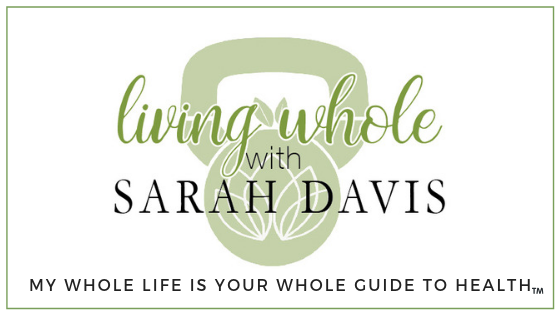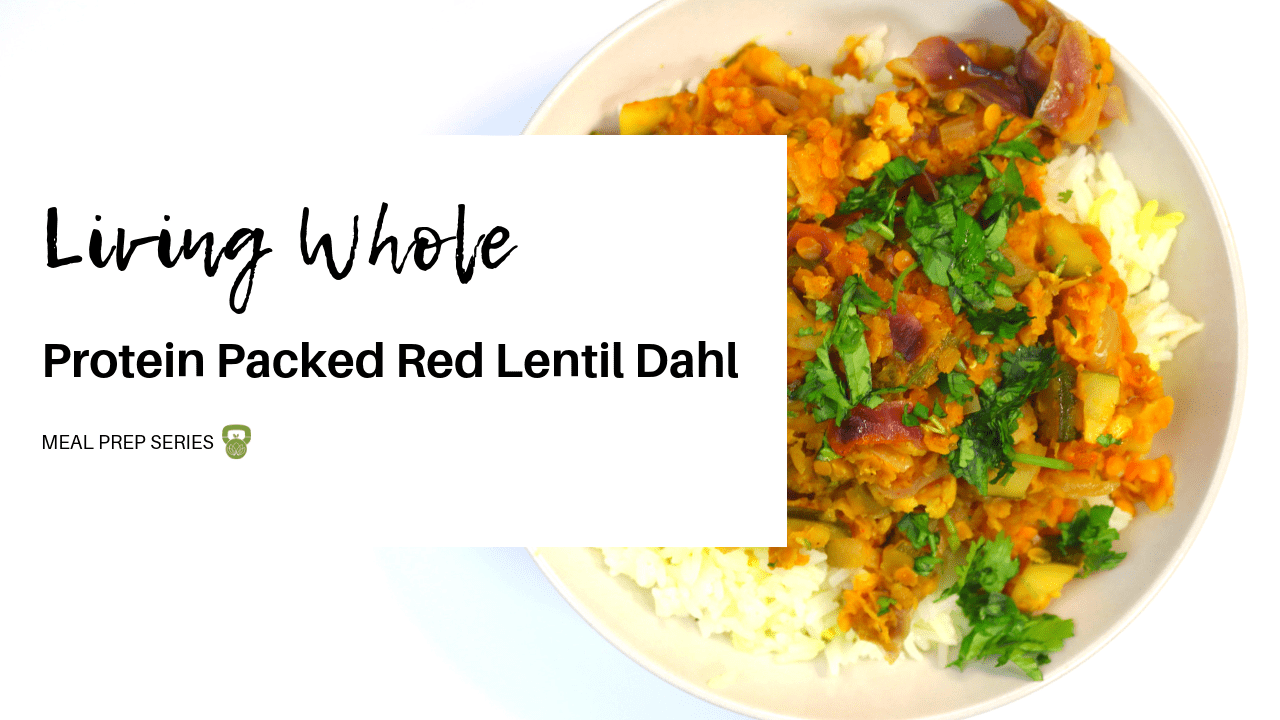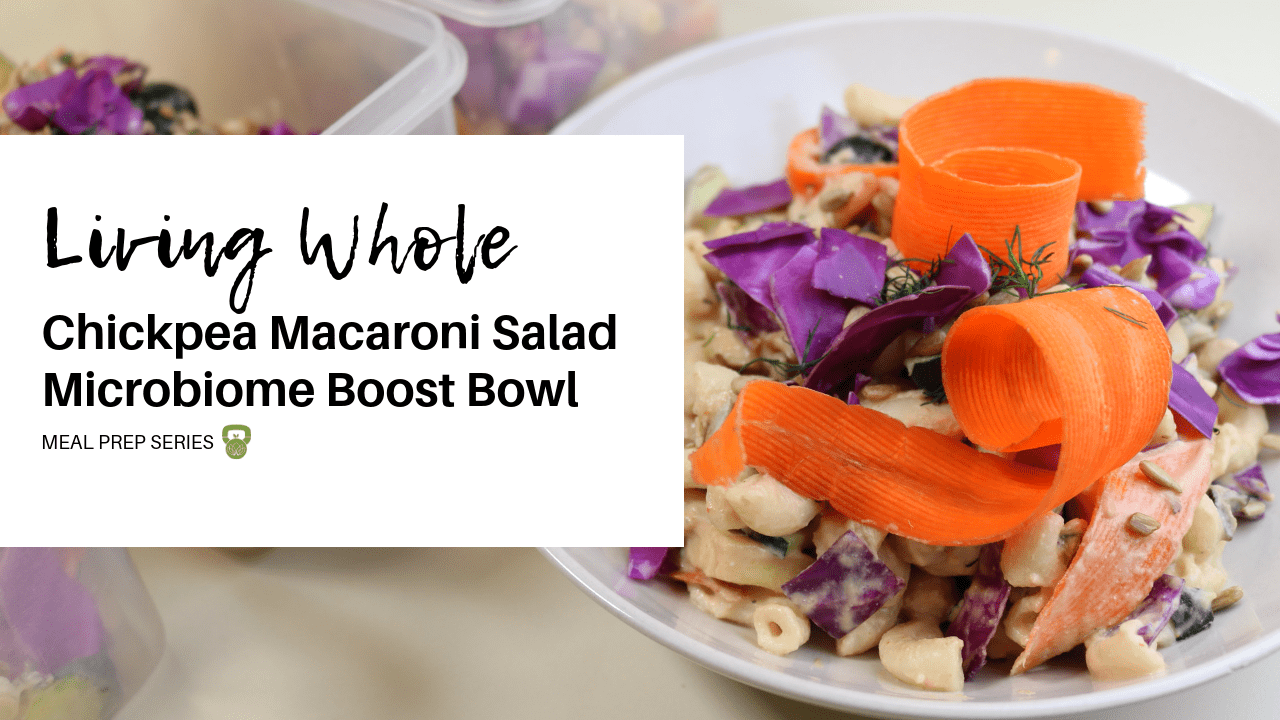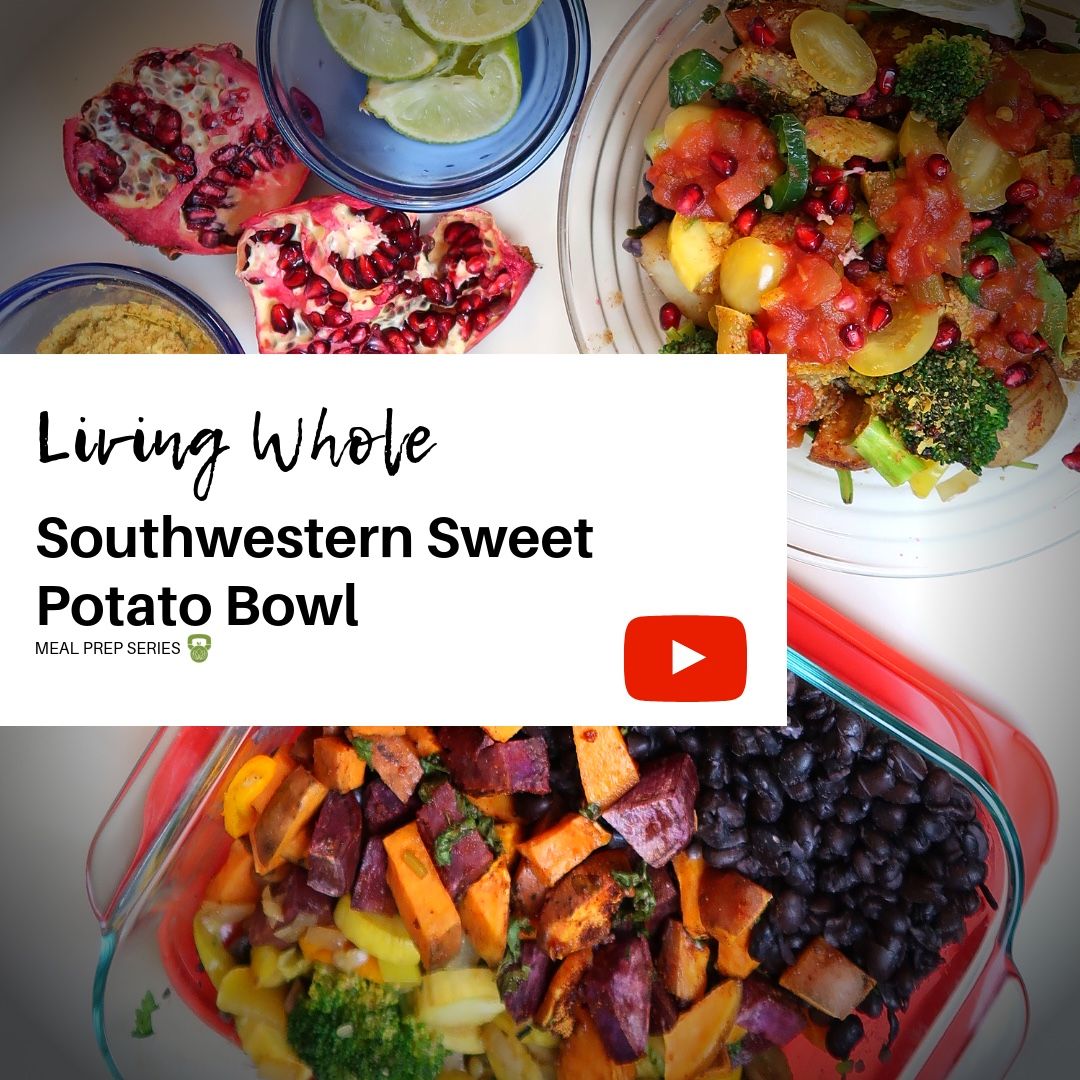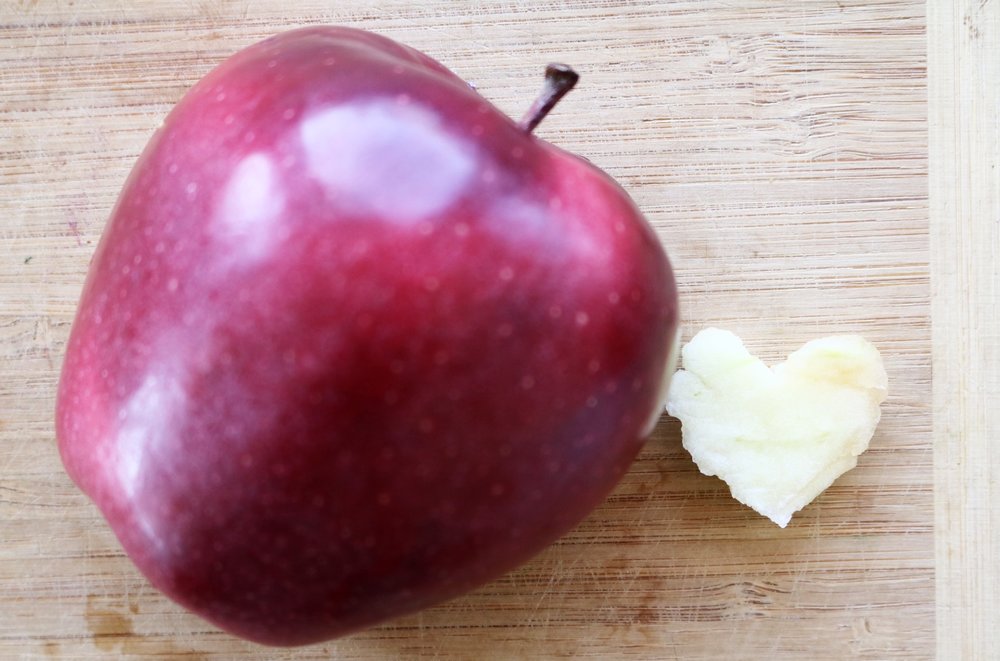Gut Feelings. Why your digestive system is crucial and ways to boost your gut in a good way. It’s quite amazing how much our intestinal tracts play such a vital role in our overall wellbeing.
On a physical level, all parts of our body are built from the ingredients we take in during our lifetime. Our state of nutrition is of vital importance. Improving our nutrition will always begin to improve things.
Here’s the low down on your GUTS:
The digestive system breaks down the food we eat, meaning proteins, carbs, fats, along with vitamins, minerals, and other nutrients. Proteins are broken down to amino acids, carbs into simple sugars, and fats into fatty acids and glycerol.
Breaking it down to CHEMISTRY. Foods we eat are large molecules. Digestion breaks these down into smaller ones through catabolism for absorption so the body can use them through anabolism. THIS breaking up and down is what makes up our metabolism.
SO… The paradigm, “you are what you eat?”
Centering our diets around whole plant foods involves a reduction in meat and processed food consumption. We should try to get our nutrients (including fiber) in the WHOLE form, not pill form.
Eating meat and animal products is associated with weight gain, a shortened life, and other negative effects. Meat also contains a high amount of saturated fat which impairs blood sugar control. Arachidonic acid in chicken and eggs causes inflammation. While many plant foods reduce inflammation.
Plant-based lifestyle also helps with healthy intestinal transit, aka healthy stools, and healthier gut flora.
Boost Healthy Gut Bacteria with Plant Based Foods
Broccoli, Cruciferous Vegetables: Packed with gluconsinotates, fight inflammation and cancer.
Bananas: Fight inflammation, stabilize gut bacteria.
Beans: Release short chain fatty acids, boost vitamin absorption and satiety.
Tempeh: Crowds out unhealthy bacteria, boosts nutrient absorption.
Blueberries: Enhance immune system, destroy harmful bacteria.
WHAT ARE THE PERKS TO PLANT BASED?
Plant-based eating aids in weight control, preventing and treating type II diabetes.
It reduces exposure to dietary antibiotics, and industrial toxins that concentrate in animal fat (a problem multiplied by the feeding of slaughterhouse byproducts to farm animals) that contribute to multiple diseases. Plant-based diets reduce one’s exposure to mercury and other toxic heavy metals, advanced glycation end-products (AGEs), cadmium, as well as xenoestrogens in fish which interfere with male fertility, and estrogenic meat carcinogens in cooked meat which stimulate breast cancer cells. Not to mention, plant-based diets can also help lessen greenhouse gas emissions and have a smaller impact on the environment.
So long as animal-products are not consumed regularly, a plant-based diet can detoxify the body of these pollutants. Even just a step towards eating more plant-based might produce a longer life.
SOME of the biggest misconceptions are that people who are plant based are LESS healthy! How backwards is this?!? IT boggles my mind. People who consume a whole, plant based diet have healthy bones and higher blood protein levels than consumers of the standard American diet (SAD). We, the powerful plant based, get more than enough protein. Within a matter of weeks, studies have shown participants that are placed on the plant-based diet experienced improvements in blood pressure, cholesterol and insulin levels, insulin resistance, and C-reactive protein levels, a marker of inflammation within the body.
Whole, plant based consumers average fewer nutrient deficiencies than average SAD consumers, all the while maintaining a lower body weight without losing muscle mass.
Have I gotten your attention yet?
